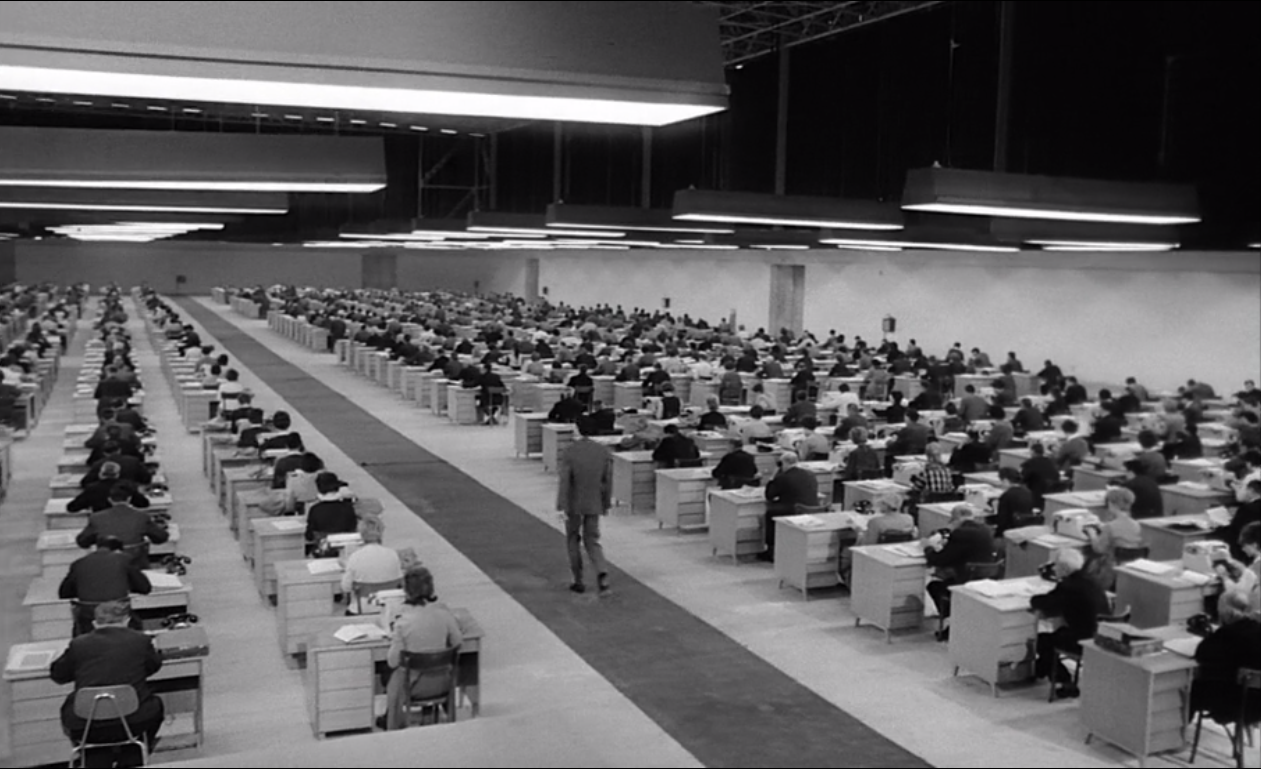Our founding convictions


Bureaucracy
I think a lot about bureaucracy. Not just when I am filling out health insurance reimbursements or waiting in line at DMV, but in a more general sense. I first noticed bureaucracy as a phenomena after a memorable history lesson in college in about the Great Famine of 1876 in India
The consensus history focus on proximate causes like the drought in the Deccan plateau. My professor had a different take: the ultimate cause of the massive death toll was British colonial bureaucracy.
She described how prior to the British rule land use and taxation in Mughal India was administered by a network of local authorities called Dewan, a title derived from Persian words for scribe and book of account. Dewans exhibited a great deal of practical intuition in balancing concerns about what crops to grow, how to apportion resources, how to tax fairly and other facts that would contribute to growth and disaster resilience of their subjects. This wasn't purely kindness: they were residents too and didn't want to starve.
Their "intuition" wasn't just gut sense or emotions. It was a form of expertise that included a variety of contexts and judgement about patterns that enabled them to perform a certain type of abductive reasoning. View it as an importable function that abstracts a wide variety of statistical techniques implicit in their hard-won experience.
The British judged this system to be outdated and backwards, exhibiting none of the precision and measurability of the scientific management practices growing in popularity in Europe and the West (the term "bureaucracy" was coined after le Bureau, a room in the Renaissance French government where record-keeping took place).
[MORE TO COME]





